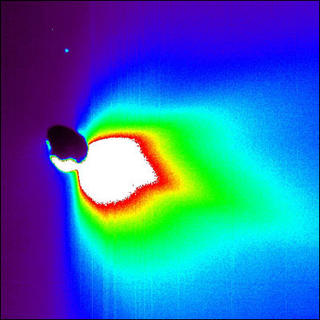 Hiding emotions leading to poor memory? BBC and New Scientist reports about this interesting discovery by James Gross, Stanford University, and Jane Richards, the University of Texas at Austin, who published their study in the Journal of Research and Personality.
Hiding emotions leading to poor memory? BBC and New Scientist reports about this interesting discovery by James Gross, Stanford University, and Jane Richards, the University of Texas at Austin, who published their study in the Journal of Research and Personality.The investigators asked 57 volunteers to watch an emotive film about a surgical procedure and then asked them about how they were feeling, how much effort they put into hiding their emotions and how much they remembered about the film.
The people who said they had put the most effort into hiding their emotional response to the film had the worst recall for what they had seen!
So better let your face express the true emotions than trying to supress them, why to be more prone to amnesia (the memory loss)?
